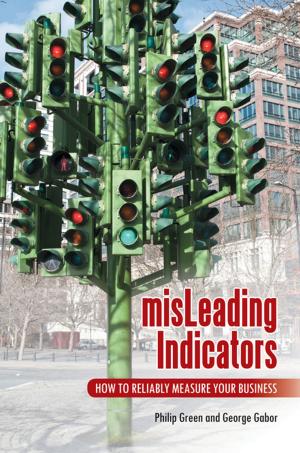The Failed Promise of Sentencing Reform
Nonfiction, Reference & Language, Law, Criminal law, Social & Cultural Studies, Political Science, Government, Public Policy| Author: | Michael O'Hear | ISBN: | 9781440840883 |
| Publisher: | ABC-CLIO | Publication: | March 20, 2017 |
| Imprint: | Praeger | Language: | English |
| Author: | Michael O'Hear |
| ISBN: | 9781440840883 |
| Publisher: | ABC-CLIO |
| Publication: | March 20, 2017 |
| Imprint: | Praeger |
| Language: | English |
After many decades of stability, the imprisonment rate in the United States quintupled between 1973 and 2003. Since then, nearly all states have adopted multiple reforms intended to reduce imprisonment, but the U.S. imprisonment rate has only decreased by a paltry two percent. Why are American sentencing reforms since 2000 been largely ineffective? Are tough mandatory minimum sentences for nonviolent drug offenders the primary reason our prisons are always full? This book offers a fascinating assessment of the wave of sentencing reforms adopted by dozens of states as well as changes at the federal level since 2000, identifying common themes among seemingly disparate changes in sentencing policy and highlighting recent reform efforts that have been more successful and may point the way forward for the nation as a whole.
In The Failed Promise of Sentencing Reform, author Michael O'Hear exposes the myths that American prison sentencing reforms enacted in the 21st century have failed to have the expected effect because U.S. prisons are filled to capacity with nonviolent drug offenders as a result of the "war on drugs," and because of new laws that took away the discretion of judges and corrections officials. O'Hear then makes a convincing case for the real reason sentencing reforms have come up short: because they exclude violent and sexual offenders, and because they rely on the discretion of officials who still have every incentive to be highly risk-averse. He also highlights how overlooking the well-being of offenders and their families in our consideration of sentencing reform has undermined efforts to effect real change.
After many decades of stability, the imprisonment rate in the United States quintupled between 1973 and 2003. Since then, nearly all states have adopted multiple reforms intended to reduce imprisonment, but the U.S. imprisonment rate has only decreased by a paltry two percent. Why are American sentencing reforms since 2000 been largely ineffective? Are tough mandatory minimum sentences for nonviolent drug offenders the primary reason our prisons are always full? This book offers a fascinating assessment of the wave of sentencing reforms adopted by dozens of states as well as changes at the federal level since 2000, identifying common themes among seemingly disparate changes in sentencing policy and highlighting recent reform efforts that have been more successful and may point the way forward for the nation as a whole.
In The Failed Promise of Sentencing Reform, author Michael O'Hear exposes the myths that American prison sentencing reforms enacted in the 21st century have failed to have the expected effect because U.S. prisons are filled to capacity with nonviolent drug offenders as a result of the "war on drugs," and because of new laws that took away the discretion of judges and corrections officials. O'Hear then makes a convincing case for the real reason sentencing reforms have come up short: because they exclude violent and sexual offenders, and because they rely on the discretion of officials who still have every incentive to be highly risk-averse. He also highlights how overlooking the well-being of offenders and their families in our consideration of sentencing reform has undermined efforts to effect real change.







![Cover of the book The Electronic Church in the Digital Age: Cultural Impacts of Evangelical Mass Media [2 volumes] by Michael O'Hear](https://www.kuoky.com/images/2015/november/300x300/9781440829918-DunR_300x.jpg)






![Cover of the book "White" Washing American Education: The New Culture Wars in Ethnic Studies [2 volumes] by Michael O'Hear](https://www.kuoky.com/images/2016/october/300x300/9781440832567-I2Ur_300x.jpg)
